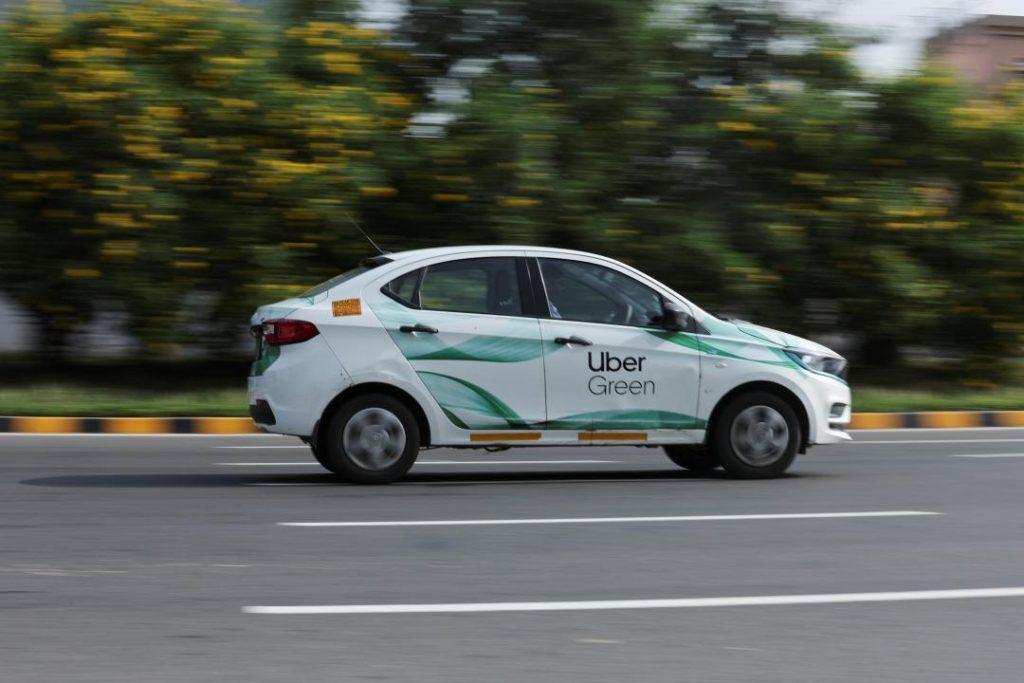
Why are Ola, Uber & Rapido drivers on indefinite strike in Mumbai?
In a recent development, drivers of ride-hailing companies Ola, Uber, and Rapido went on an indefinite strike in Mumbai, leading to disruptions in the city’s transportation network. The strike has resulted in longer wait times for passengers and a significant decrease in the number of cabs on the road. But what are the reasons behind this strike, and what do the drivers hope to achieve?
According to reports, the drivers are unhappy with the commissions and expenses deducted from their earnings by the ride-hailing companies. They claim that after deducting aggregator commissions and fuel expenses, their actual income falls to just ₹8-12 per kilometre. This, they say, is unsustainable amid rising fuel and maintenance expenses.
The strike, which began on May 16, has left thousands of passengers stranded, with many taking to social media to express their frustration and anger. The strike has also had a significant impact on the daily lives of Mumbaikars, with many commuters forced to find alternative modes of transportation.
So, what are the drivers demanding, and what do the ride-hailing companies have to say about the situation?
Drivers’ demands
The drivers, who are part of various unions and associations, are demanding a hike in their earnings, better working conditions, and an end to the “exploitative” practices of the ride-hailing companies. They are also seeking a reduction in the aggregator commissions, which they claim are excessive and unfairly deducted from their earnings.
In a statement, the Mumbai Pradesh Congress Committee (MPCC) said, “The strike by Ola, Uber, and Rapido drivers in Mumbai is a direct result of the exploitative and anti-labour policies of these companies. The drivers are demanding a fair deal, better working conditions, and an end to the commission war.”
Ride-hailing companies’ response
Ola, Uber, and Rapido have rejected the drivers’ demands, claiming that they are providing a platform for drivers to earn a livelihood. The companies have also denied the allegations of exploiting drivers, saying that their commissions are reasonable and necessary to maintain the platform.
In a statement, Ola said, “We understand the concerns of our driver-partners and are committed to providing them with a platform that is fair and sustainable. We are willing to engage with them to find a solution that works for everyone.”
Uber and Rapido have also issued similar statements, saying that they are committed to providing a platform for drivers to earn a livelihood and that they are willing to engage with them to find a solution.
Impact on passengers
The strike has had a significant impact on passengers, with many taking to social media to express their frustration and anger. The strike has also led to a surge in the prices of other modes of transportation, such as autorickshaws and taxis.
In a tweet, a passenger said, “Just got stuck in traffic for an hour because of the Ola-Uber-Rapido strike. When will these companies start caring about their customers?”
Another passenger tweeted, “I had to take an autorickshaw to work today because of the strike. It was expensive and uncomfortable. Ola, Uber, and Rapido need to get their act together.”
Conclusion
The strike by Ola, Uber, and Rapido drivers in Mumbai is a complex issue that involves the interests of both the drivers and the passengers. While the drivers are demanding better working conditions and a fair deal, the ride-hailing companies are claiming that their commissions are reasonable and necessary to maintain the platform.
As the strike continues, it remains to be seen how the situation will be resolved. In the meantime, passengers are being forced to find alternative modes of transportation, and the drivers are left to wonder if their demands will be met.
Source:






